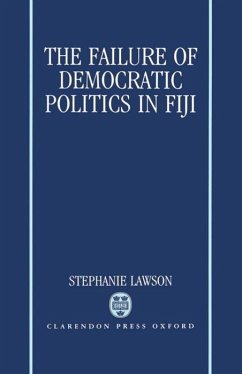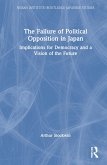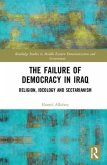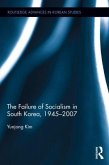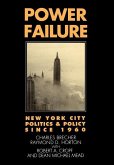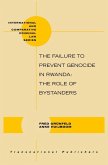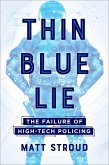She argues that post-colonial political institutions, themselves shaped by generations of colonial administrators, exacerbated and possibly created the very tensions between the indigenous population and Indians that they were designed to temper. Dr Lawson demonstrates why race was never really an issue in recent events but why Rabuka could plausibly claim that it was. She comes to the provocative but convincing conclusion that Fiji has never really been a democracy in the Western sense of the word.
Using the techniques of the historian, the anthropologist, and the political theorist, Lawson discusses the contemporary political situation in Fiji from both a historical and theoretical viewpoint. Drawing on archival material and fieldwork, she traces the sources of the current divisions in Fiji to the well-intentioned, but ultimately misguided, ambitions of colonial administrators to protect the way of life of indigenous Fijians. The author comes to the provocative conclusion that Fiji has never really been a democracy in the Western sense of the word.
Using the techniques of the historian, the anthropologist, and the political theorist, Lawson discusses the contemporary political situation in Fiji from both a historical and theoretical viewpoint. Drawing on archival material and fieldwork, she traces the sources of the current divisions in Fiji to the well-intentioned, but ultimately misguided, ambitions of colonial administrators to protect the way of life of indigenous Fijians. The author comes to the provocative conclusion that Fiji has never really been a democracy in the Western sense of the word.

